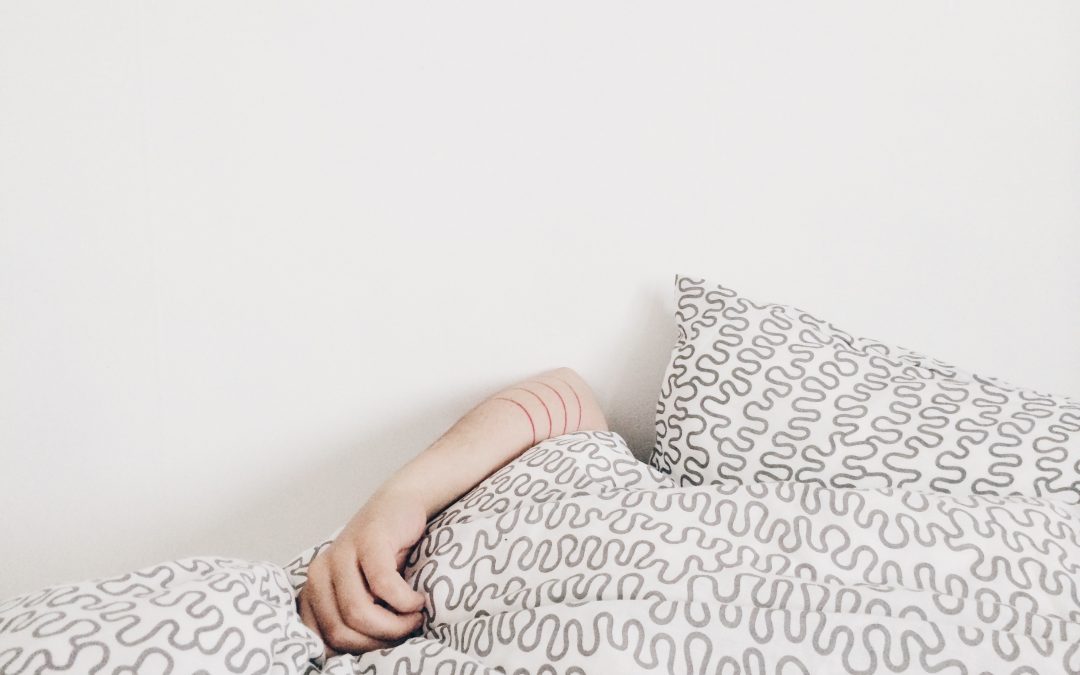According to The Sleep Council, adults aged between 18 and 65 should be getting between 7-9 hours of sleep a day. But regardless of whether you get your 9 hours or not, to wake up feeling fully rested, a person has to go through all four stages of the sleep cycle without disruption. These include the three non-rapid eye movement (NREM) stages, followed by the rapid eye movement (REM) stage in which we dream. These stages help our brains process the day’s activities, prepare and also repair to help us wake up alert and ready to do our best.
Sleep is so important for our performance and wellbeing but can elude some of us – even the best sleepers struggle to drop off at times. To celebrate National Bed Month, we’re going to share some of our tips and findings on how to sleep better.
Renew your mattress
Choosing the right mattress plays a crucial role in getting the best night sleep. The Better Sleep Council recommends replacing your mattress every 7-10 years depending on how you take care of it and how much use it gets. After a time the springs can fail and the bed will start to sag, meaning your body is less supported, which can lead to back and neck pain.
Digital detox
Many of us can safely say we look at our phones before bed or leave the TV on whilst falling asleep. But looking at a screen can prolong the time it takes you to fall asleep as your brain is still being stimulated rather than ‘switching off’ for the night. What’s more, the production of melatonin, a hormone used to promote a deep sleep, can decrease after looking at any levels of light for too long. Therefore it’s important to limit your exposure to light after certain hours at night to allow your body to switch off and reboot.
Upgrade your bedding
If you have the space for it, we would highly recommend keeping a winter duvet as well as a summer one. You may be thinking, “What’s the difference?” The two duvets should vary in weight, a lighter one for those sweltering and agitating summer nights. For winter, a heavier duvet is recommended to trap as much warm air as possible to prevent uncomfortably chilly nights. If this isn’t an option, try to pick the bedding that works best for you, whether you choose natural or synthetic filling is largely a personal and financial choice.
Routine is key
Getting into a sleep routine can be tricky to begin with. Especially when it may have to be adapted at some point, whether that be due to new working hours or even time differences when travelling. Your body’s internal clock (also known as your circadian rhythm) plays an important role in regulating your sleep cycle. You should stick to the same schedule every night to allow your body to find its natural rhythm. This can take a few days to kick in but it’s important to plan ahead and commit to your schedule.
Meditation
Meditation is also a great way to ensure you’re getting the best night’s rest. It can soothe stress as it activates our automatic nervous system, allowing for deeper breathing, stronger digestion and an overall better sleep. It’s also capable of enhancing your sleep when performed at the right time. Studies show that meditating first thing in the morning will set the tone for the entire day, while late at night will ensure a restful night if an hour is given between meditation and sleep as these two things should remain separate.
To hear more about our corporate massage and wellbeing services, email the team now at hello@moaningcow.co.uk or call 020 7129 7310.
Sources:
https://www.thewoolroom.com/blog/5-ways-you-can-celebrate-national-bed- month/
https://www.psychologytoday.com/gb/blog/prescriptions-life/201804/6-ways- night-time-phone-use-destroys-your-sleep https://blog.dormeo.co.uk/importance-bedding/ https://getsom.com/blogs/sleep/the-importance-of-sticking-to-a-sleep- schedule
https://www.psychologytoday.com/gb/blog/minding-the-body/201203/four- good-times-day-meditate-and-one-avoid
Photo by elizabeth lies on Unsplash

